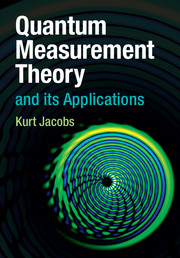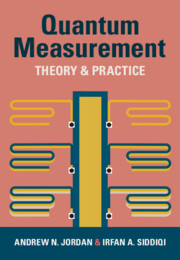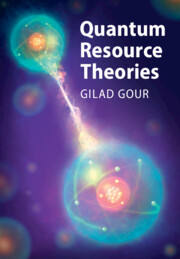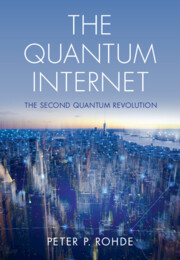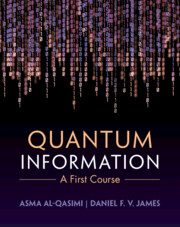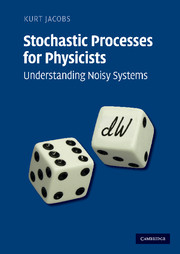Quantum Measurement Theory and its Applications
Recent experimental advances in the control of quantum superconducting circuits, nano-mechanical resonators and photonic crystals has meant that quantum measurement theory is now an indispensable part of the modelling and design of experimental technologies. This book, aimed at graduate students and researchers in physics, gives a thorough introduction to the basic theory of quantum measurement and many of its important modern applications. Measurement and control is explicitly treated in superconducting circuits and optical and opto-mechanical systems, and methods for deriving the Hamiltonians of superconducting circuits are introduced in detail. Further applications covered include feedback control, metrology, open systems and thermal environments, Maxwell's demon, and the quantum-to-classical transition.
- Provides an in-depth treatment of applications of measurement in superconducting circuits and nano-electromechanical and opto-mechanical systems
- Gives a short-cut introduction to single-shot and continuous measurements of qubits that bypasses generalized measurement theory, enabling readers to get up to speed on some topics
- Discusses applications of measurement theory across a wide range of areas, including metrology, feedback control, the quantum-to-classical transition, thermodynamics, and the simulation of open systems
Product details
August 2014Hardback
9781107025486
554 pages
252 × 177 × 30 mm
1.1kg
23 b/w illus. 200 exercises
Available
Table of Contents
- Preface
- 1. Quantum measurement theory
- 2. Useful concepts from information theory
- 3. Continuous measurement
- 4. Statistical mechanics, open systems, and measurement
- 5. Quantum feedback control
- 6. Metrology
- 7. Quantum mesoscopic systems I: circuits and measurements
- 8. Quantum mesoscopic systems II: measurement and control
- Appendices
- References
- Index.

